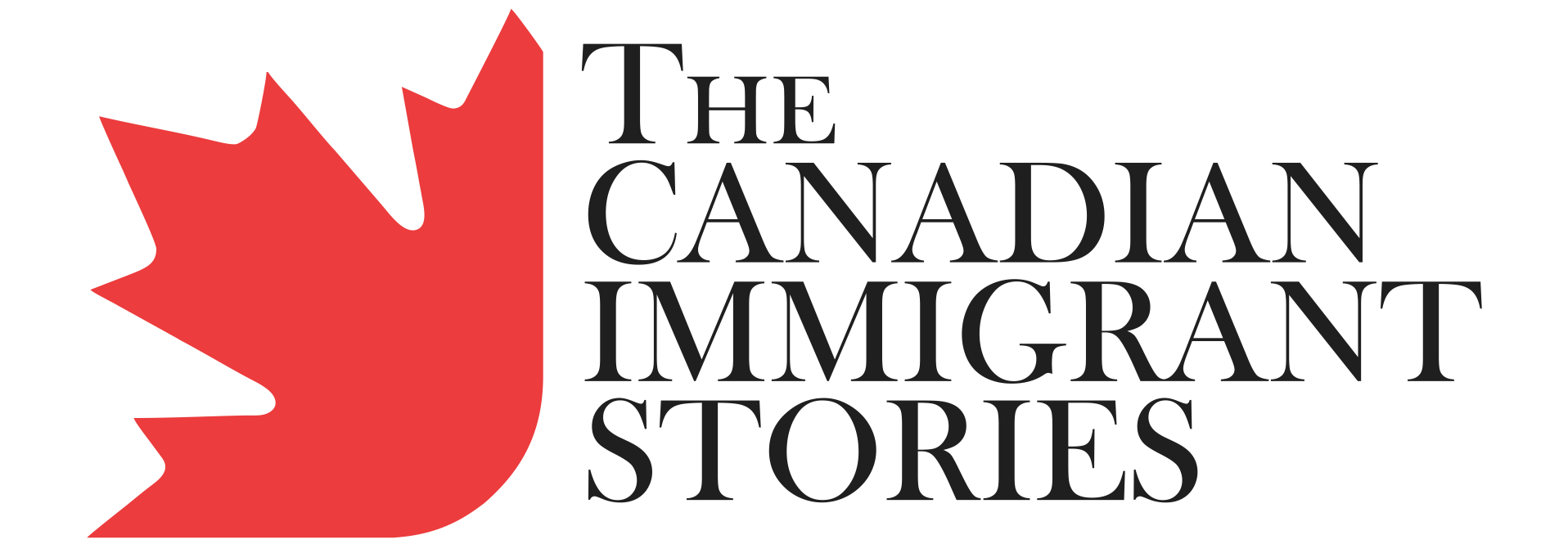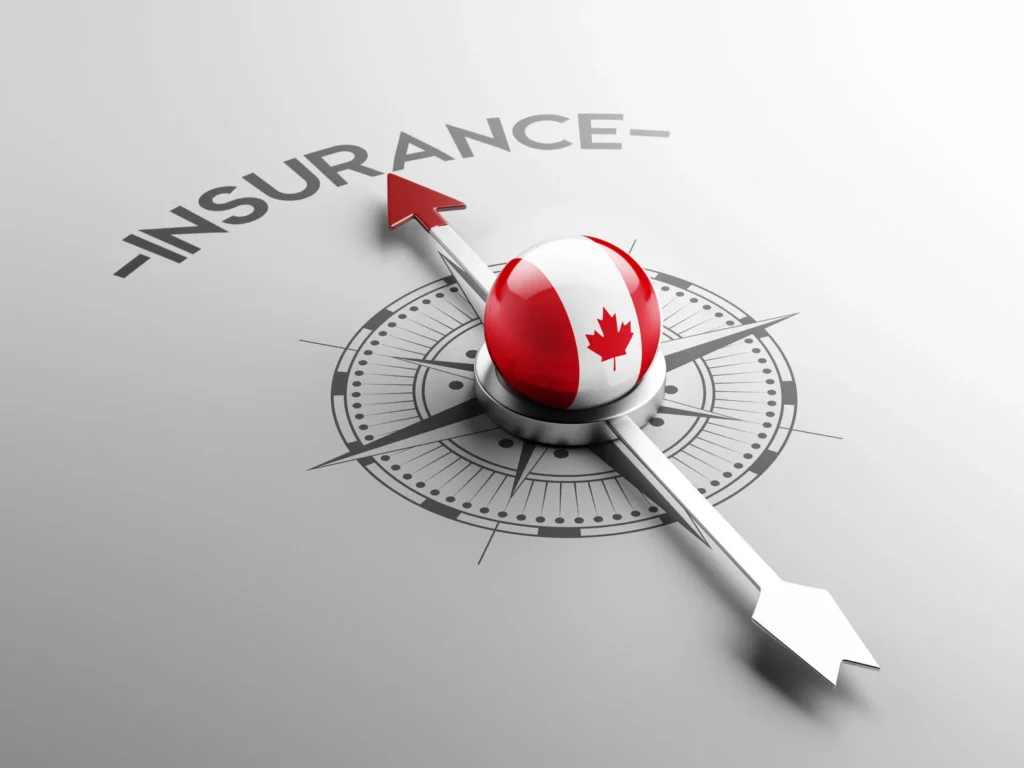Navigating the process of making an insurance claim involves several critical steps and considerations. Here’s an in-depth guide to help you understand and manage your insurance claims effectively:
Understanding Your Insurance Policy
Before proceeding with a claim, it’s essential to thoroughly understand the terms and conditions of your insurance policy:
- Coverage Assessment:
- Review your policy to determine if your loss or event is covered.
- Check for any specific exclusions that may apply to your situation, such as certain types of damages or events not covered by your policy.
- Understand the procedures outlined for filing a claim and any documentation requirements.
- Note the timeframe within which you must submit your claim, which typically ranges from 90 days to 12 months from the date of the loss or event.
- Consideration Before Making a Claim:
- Making a claim can impact your future premiums. Insurance companies may increase your premiums upon renewal, especially if you have made multiple claims.
- Some insurers offer discounts for maintaining a claim-free record. Consider whether it’s financially beneficial to make a claim or handle the expenses privately, particularly if the claim amount is only slightly higher than your deductible.
Steps to File a Claim
Here are the essential steps to follow when filing an insurance claim:
- Initiate Contact:
- Contact your insurance agent, broker, or company as soon as possible after the incident occurs.
- Adhere to the specified time limits for submitting your claim, as outlined in your policy.
- Document Submission:
- Gather and provide all necessary supporting documents required by your policy.
- Depending on the type of claim:
- For car insurance claims, you may need to submit an accident report.
- Life insurance claims may require a death certificate or other relevant documents.
- Claim Review and Investigation:
- Your insurance company will review the details of your claim against the terms of your policy.
- In cases involving significant amounts or complex circumstances, insurers may conduct an investigation to verify the validity of the claim and ensure there is no fraudulent activity.
- You may be asked to provide additional documentation, such as medical records or police reports, to support your claim during this process.
Special Circumstances
- Old or Lost Policies:
- If you need to make a claim on an old or lost life insurance policy belonging to a deceased family member:
- Contact the OmbudService for Life and Health Insurance (OLHI) for assistance in locating the policy.
- Provide relevant information about the policyholder or the policy itself to aid in the search process.
Handling Claim Denials or Delays
Dealing with a denied claim or payment delay requires careful consideration and action:
- Denied Claims:
- If your claim is denied, particularly within the contestability period for life and health insurance:
- Contact the head office of your insurance company to discuss the decision and seek clarification on the reasons for denial.
- If unsatisfied with the response, escalate the matter to OLHI or your provincial/territorial insurance regulator for further assistance.
- Disputes in Home or Car Insurance:
- For disputes related to home or car insurance claims:
- Contact the Insurance Bureau of Canada (IBC) for guidance and support.
- Consider filing a formal complaint with the appropriate regulatory body or seeking legal advice to address unresolved issues.
Conclusion
Successfully navigating the insurance claim process requires careful attention to detail, adherence to policy terms, and proactive communication with your insurance provider. By understanding your coverage, evaluating the financial implications of making a claim, and following the necessary steps outlined in your policy, you can facilitate a smoother and more efficient claim settlement process. Remember, various consumer protection agencies and regulatory bodies are available to provide guidance and assistance should you encounter challenges or disputes during your claim process.



